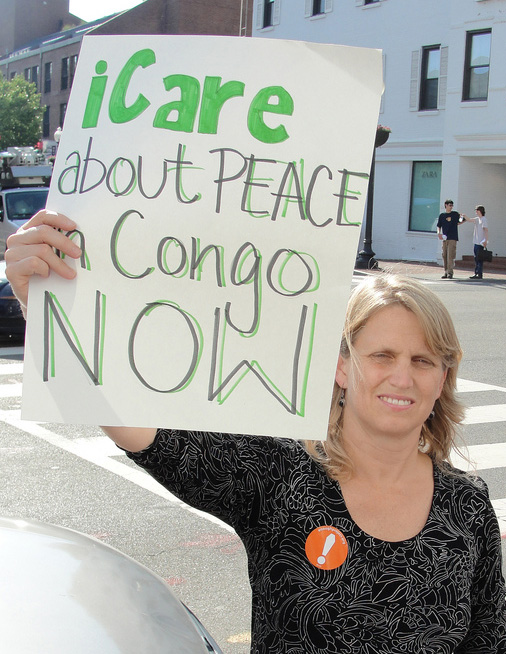
On August 22, the U.S. Securities and Exchange Commission, or SEC, voted to adopt conflict minerals regulations in accordance with the Dodd-Frank Act that require companies to publicly disclose whether any of the minerals they use originated in the Democratic Republic of the Congo or an adjoining country. If so, what steps they are taking to avoid sourcing from armed groups? The decision marked a major victory in the fight to end the trade in conflict minerals from eastern Congo—one that would not have happened without activist pressure on the SEC and the electronics industry. So what does this vote mean for companies, activists, and consumers?
We put together a new guide for activists to the SEC’s ruling on conflict minerals.
By making supply chains more transparent, companies will become accountable for knowing the impact of their sourcing and will no longer be able to turn a blind eye to where and how they obtain minerals. If a company determines that the minerals were sourced from mines in Congo or a neighboring country, the company will then have to file a ‘Conflict Minerals Report’ with the SEC describing the due diligence measures that were taken to investigate the minerals’ source and chain of custody, the facilities used to process the conflict minerals, the country of origin of the conflict minerals, and the efforts to determine the mine or location of origin.
The implications of these regulations will ultimately lie in the demand. The American public has created a demand for phones that can stream live video being recorded on the other side of the world; take high definition photos with the touch of a finger; receive step-by-step directions to the nearest coffee shop; and send real-time updates each time a favorite team scores a goal. With transparency afforded by Section 1502 of the Dodd-Frank Act, the American people will be able to also create a demand for electronics without the stain of conflict minerals.
Continued positive results and progress made by companies, as detailed in Enough’s most recent company rankings report, will only be achieved through monitoring and strong public pressure on companies to fully implement the law and invest in a clean mineral trade from the region.
Check out our new Activist’s Guide to the Securities and Exchange Commission’s Section 1502 Ruling.
Photo: "iCare about Peace in Congo Now." (Enough / Jonathan Hutson)

